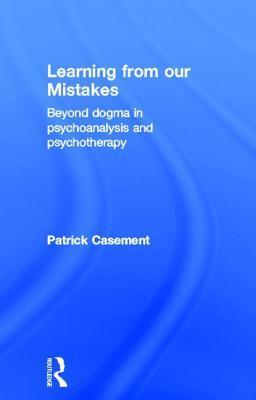What do you think?
Rate this book


168 pages, Hardcover
First published January 1, 2002
[...]it is strange how precisely we can fail some patients, in ways that really do seem to be ‘determined by’ their history, as Winnicott describes.
If an interpretation leaves no room for the patient, except to agree or disagree, the patient has no space for his/her own thinking.
[...]our problem is usually not so much that of knowing that we do not know; rather it is often the illusion of knowing when we do not.
Though careful not to fall into the more typical forms of transference or projection, analysts can nevertheless develop a false sense of confidence in their theoretical framework and in the broad applicability of their clinical experience. Of course, in any analysis, there is an essential place for theory and for clinical experience, but for some analysts (and I count myself among them) that remains secondary to the task of trying to get to understand the individual. I therefore hope not to allow myself to be pushed into seeing a patient in any particular way just because theory (or someone else) suggests that I should. Each patient is essentially unique. The individual will therefore still remain something of a mystery, however well we may eventually come to know him/her. Therefore, even though theory has a vital place in serving the work of analysis I continue to hope we will not be governed by it too often.